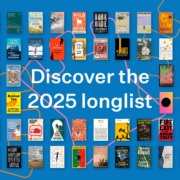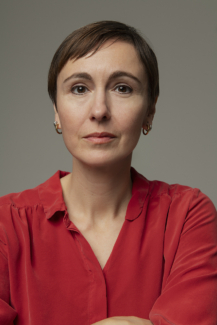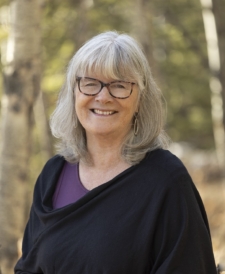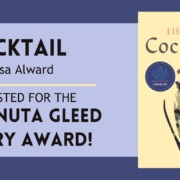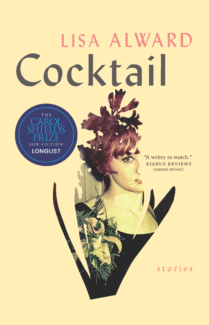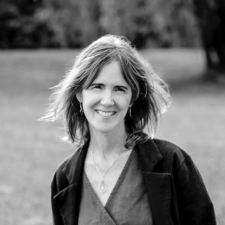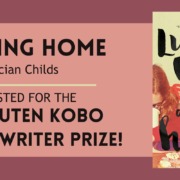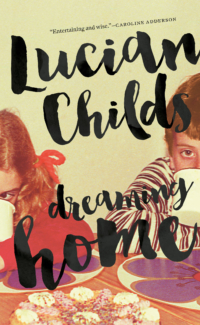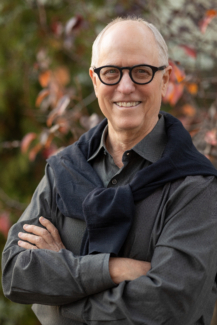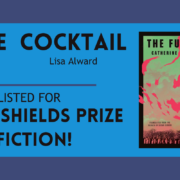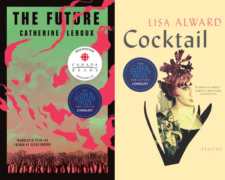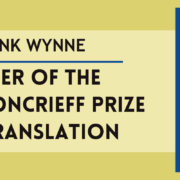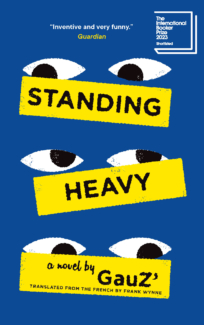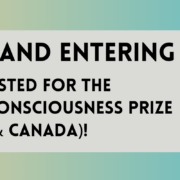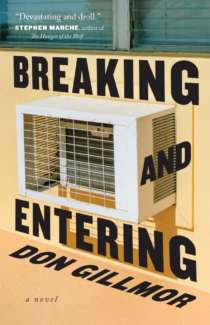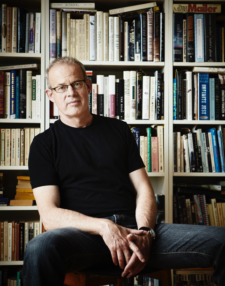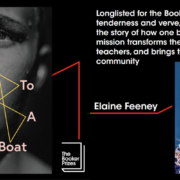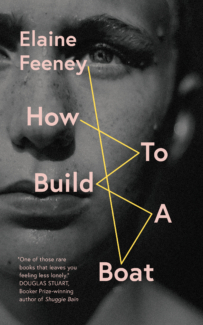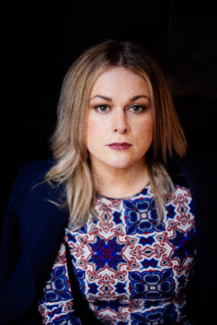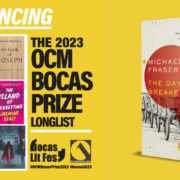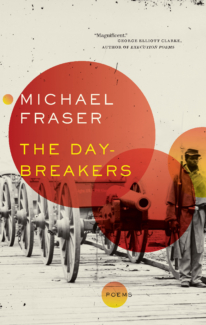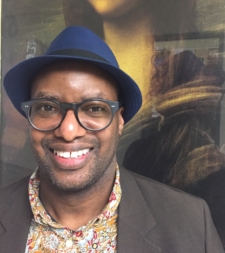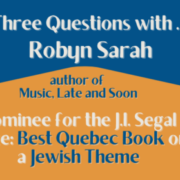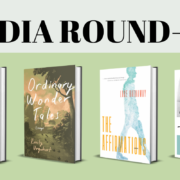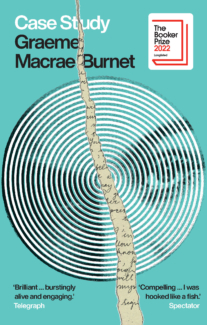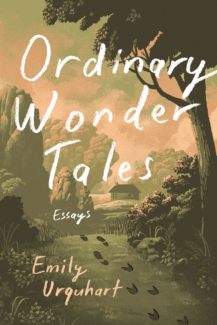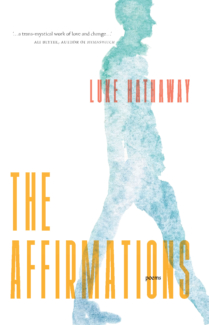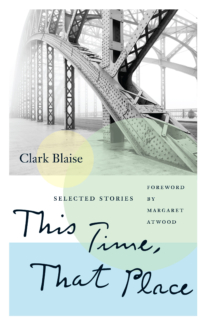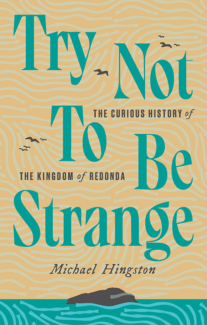THE FUTURE longlisted for the 2025 Dublin Literary Award!
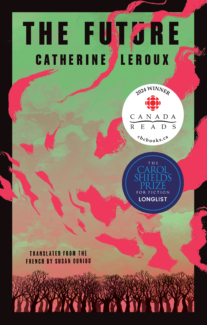 Biblioasis is thrilled to share that The Future by Catherine Leroux, translated by Susan Ouriou, has been longlisted for the 2025 Dublin Literary Award! The longlist was announced on January 14, and can be seen here.
Biblioasis is thrilled to share that The Future by Catherine Leroux, translated by Susan Ouriou, has been longlisted for the 2025 Dublin Literary Award! The longlist was announced on January 14, and can be seen here.
Vancouver Public Library writes in their nominating comment,
“Set in an alternate dystopian French colonial Detroit, destroyed by wars and climate change, Gloria, grief-stricken by the mysterious death of her daughter, comes looking for her granddaughters. In her search for her family, Gloria slowly builds bonds and embraces a new family of survivors. Above all, this novel is about the resilience of relationships and the primal desire to create a new life and community. VPL staff selected this novel because of its inspiring characters and wonderful translation, and it’s demonstrated popularity among our patrons. Catherine Leroux is an award winning author.”
The Dublin Literary Award honours excellence in world literature since 1996. Presented annually, the Award is one of the most significant literature prizes in the world, worth €100,000 for a single work of international fiction written or a work of fiction translated into English. The Future is one of the 71 books nominated by 83 libraries from 34 countries around the world this year.
The shortlist will be announced on March 25, 2025, and the winner will be announced May 22, 2025.
Get your copy of The Future here!
Winner of Canada Reads 2024 • Longlisted for the 2025 Dublin Literary Award • Longlisted for the 2024 Carol Shields Prize for Fiction • One of Tor.com’s Can’t Miss Speculative Fiction for Fall 2023 • Listed in CBC Books Fiction to Read in Fall 2023 • One of Kirkus Reviews’ Fall 2023 Big Books By Small Presses • A Kirkus Reviews Work of Translated Fiction To Read Now • One of CBC Books Best Books of 2023 • A CBC Books Bestselling Canadian Book of the Week
In an alternate history of Detroit, the Motor City was never surrendered to the US. Its residents deal with pollution, poverty, and the legacy of racism—and strange and magical things are happening: children rule over their own kingdom in the trees and burned houses regenerate themselves. When Gloria arrives looking for answers and her missing granddaughters, at first she finds only a hungry mouse in the derelict home where her daughter was murdered. But the neighbours take pity on her and she turns to their resilience and impressive gardens for sustenance.
When a strange intuition sends Gloria into the woods of Parc Rouge, where the city’s orphaned and abandoned children are rumored to have created their own society, she can’t imagine the strength she will find. A richly imagined story of community and a plea for persistence in the face of our uncertain future, The Future is a lyrical testament to the power we hold to protect the people and places we love—together.
Catherine Leroux is a Quebec novelist, translator and editor born in 1979. Her novel Le mur mitoyen won the France-Quebec Prize and its English version, The Party Wall, was nominated for the 2016 Scotiabank Giller Prize. The Future won CBC’s Canada Reads 2024, received the Jacques-Brossard award for speculative fiction and was nominated for the Quebec Booksellers Prize. Catherine also won the 2019 Governor General’s Literary Award for her translation of Do Not Say We Have Nothing by Madeleine Thien. Two of her novels are currently being adapted for the screen. Her latest book, Peuple de verre, a speculative novel about the housing crisis, came out in April 2024. She lives in Montreal with her two children.
Susan Ouriou is an award-winning fiction writer and literary translator with over sixty translations and co-translations of fiction, non-fiction, children’s and young-adult literature to her credit. She has won the Governor General’s Literary Award for Translation for which she has also been shortlisted on five other occasions. Many of her young adult translations have made the IBBY Honor List. She has also published two novels, Damselfish and Nathan, edited the anthologies Beyond Words – Translating the World and Languages of Our Land – Indigenous Poems and Stories from Quebec and contributed a one-act play to the upcoming anthology Many Mothers – Seven Skies. Susan lives in Calgary, Alberta.

